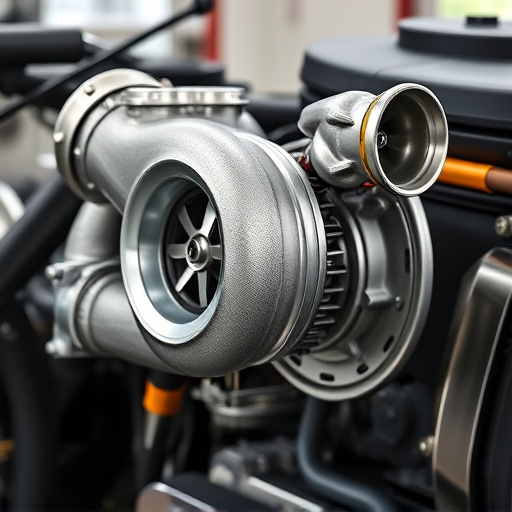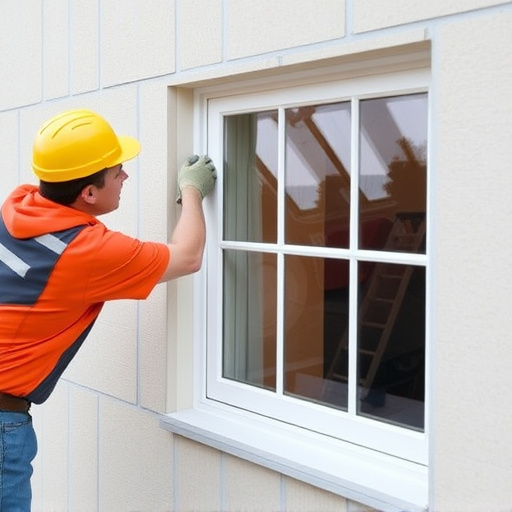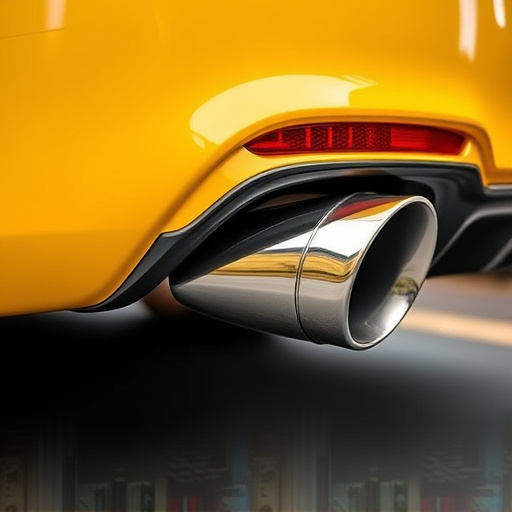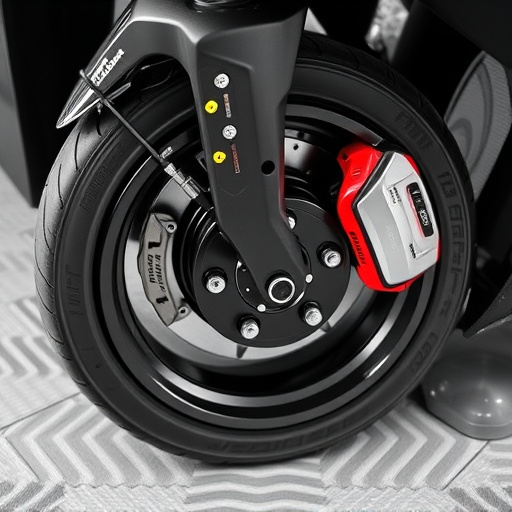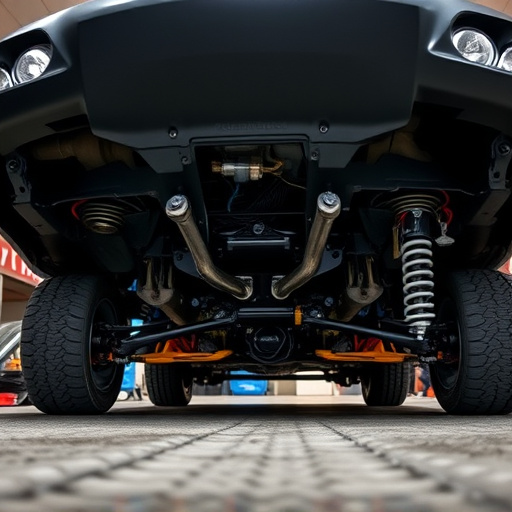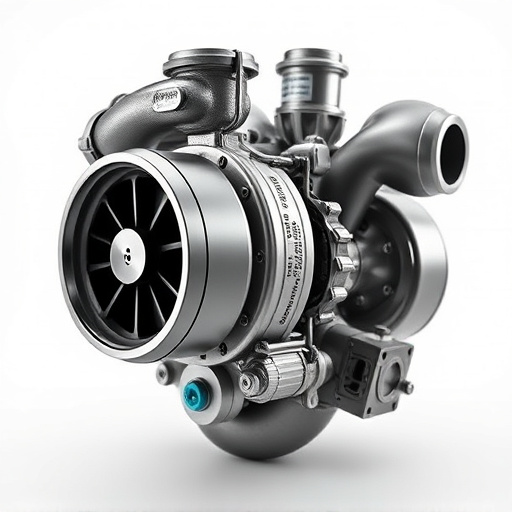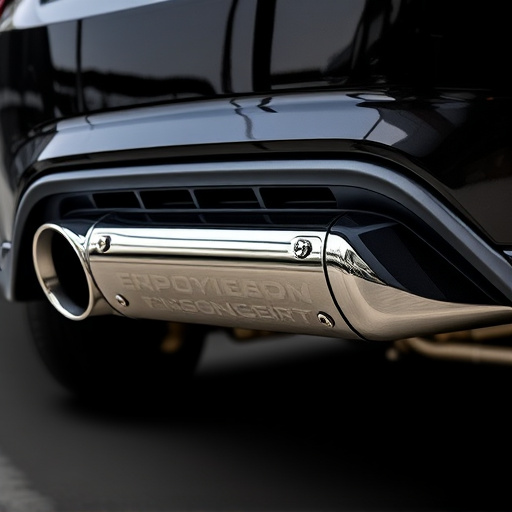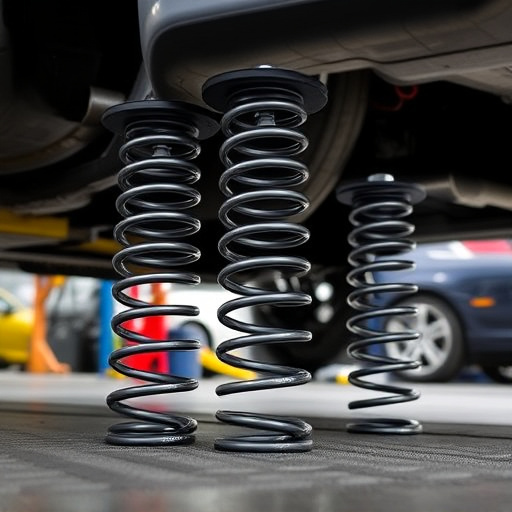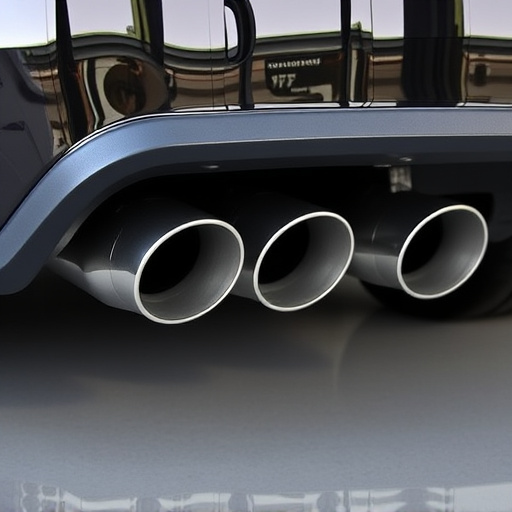Oiled air filters are essential for high-performance vehicles, ensuring clean, lubricated air enters the combustion chamber to reduce friction, improve efficiency, and extend component lifespan. Regular cleaning with compressed air or soft brushes and reapplication of lubricating oil are crucial for maintaining their effectiveness. Proper storage in clean, dry conditions away from direct sunlight or extreme temperatures, and timely replacement every 30,000-45,000 miles, maximize the filters' lifespan, benefiting engine health and fuel economy.
“Maximize the lifespan of your oiled air filters with these proven best practices. This comprehensive guide delves into the benefits of oiled air filters, offering essential insights for regular cleaning and maintenance routines. Learn effective techniques to prolong their service life, from optimal storage methods to strategic replacement practices. By following these tips, you’ll ensure consistent performance, reduce costs, and minimize environmental impact, making your oiled air filters a reliable choice.”
- Understanding Oiled Air Filters and Their Benefits
- Regular Cleaning and Maintenance Techniques
- Optimal Storage and Replacement Practices
Understanding Oiled Air Filters and Their Benefits

Oiled air filters are designed to enhance engine performance by allowing only clean, oil-lubricated air into the combustion chamber. This simple yet effective mechanism reduces friction, thereby improving overall engine efficiency and extending the lifespan of critical components like brake pads and brake rotors. By preventing dust, dirt, and other contaminants from entering the engine, oiled air filters contribute to smoother operations and can even lead to better fuel economy.
These filters are particularly beneficial for vehicles with high-performance exhaust systems, as they help maintain optimal air-fuel ratios, enhancing power output and overall driving experience. The oil in these filters acts as a protective layer, ensuring that only purified air reaches the engine, which is crucial for maintaining its health and longevity, especially under demanding conditions.
Regular Cleaning and Maintenance Techniques
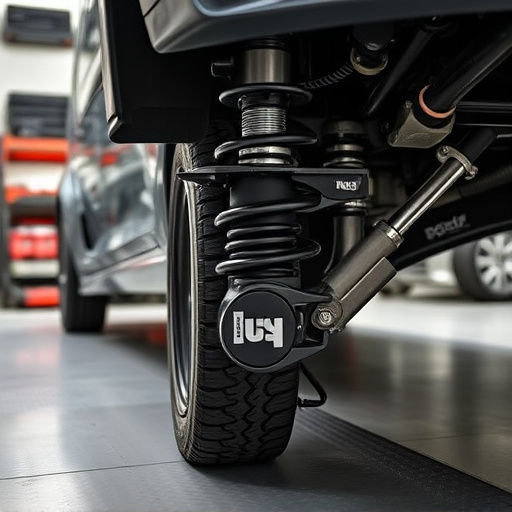
Regular cleaning and maintenance are key practices to extend the lifespan of oiled air filters. These filters play a vital role in enhancing vehicle performance by ensuring a consistent supply of clean, lubricated air to critical components like cold air intakes and brake systems. To maintain optimal efficiency, it’s essential to follow a strict schedule for cleaning, which involves removing any accumulated dust or debris using compressed air or soft brushes. This initial step is crucial as it prevents clogs that can hinder airflow and compromise the overall performance of the vehicle.
Additionally, applying a fresh coat of lubricating oil recommended by the manufacturer is vital. This not only replaces any depleted lubricant but also restores the filter’s ability to wick and separate contaminants effectively. By incorporating these regular maintenance techniques, drivers can significantly prolong the life of their oiled air filters, thereby saving costs on frequent replacements and ensuring the continued smooth operation of their vehicle’s essential systems, including cold air intakes and brake components.
Optimal Storage and Replacement Practices
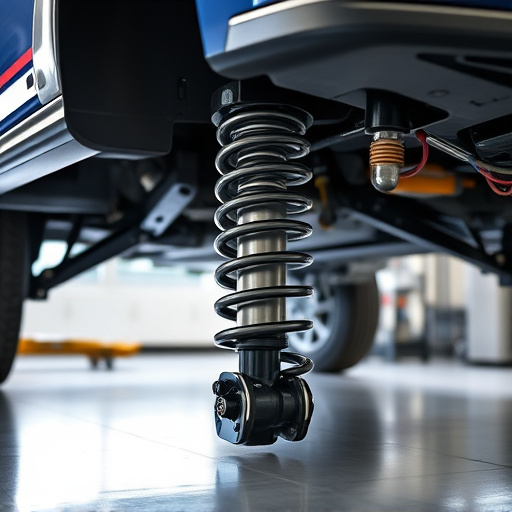
Proper storage and replacement practices are crucial for extending the lifespan of oiled air filters. When not in use, store your oiled air filter in a clean, dry place away from direct sunlight or extreme temperatures. Moisture and heat can accelerate degradation, compromising its effectiveness. Additionally, keep it sealed to prevent contamination from dust or debris.
For optimal vehicle performance, remember that replacement timing is key. Regularly inspect your oiled air filter for signs of wear or dirtying. Many manufacturers recommend replacing filters every 30,000 to 45,000 miles or at specific intervals as per the vehicle’s service schedule, focusing not just on engine components like brake pads and suspension parts but also on ensuring clean and efficient airflow.
Extending the lifespan of your oiled air filter is not only beneficial for cost savings but also ensures consistent indoor air quality. By implementing regular cleaning, proper maintenance, and ideal storage practices, you can significantly prolong its performance. Remember that a well-maintained oiled air filter is key to maintaining a healthy and efficient living or working environment.
